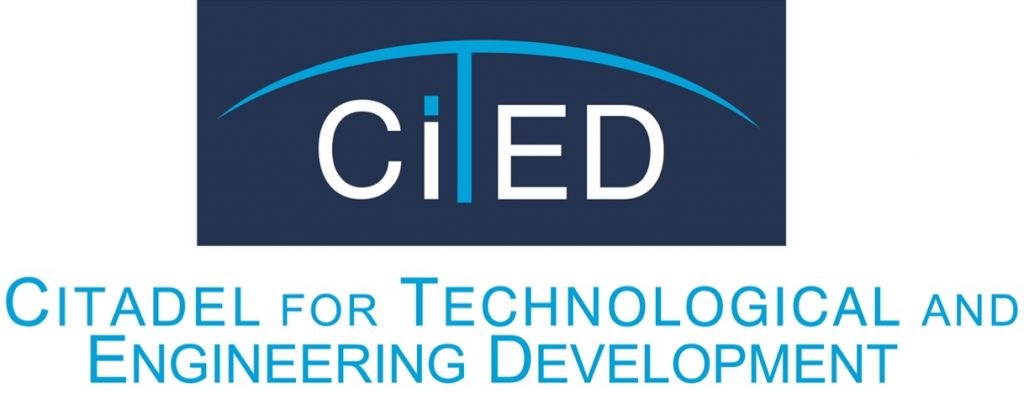AC motors represent the industry's workhorse in all applications. It is no exaggeration to suggest that more than half of the energy consumed worldwide is converted into work by AC motors, which are controlled by drives.

Why Choose this Training Course?
This AC Electrical Motors and Drives training course covers all topics relating to both AC motors and their drives. AC motors represent industry’s workhorse in all applications. It is no exaggeration to suggest that more than half of the energy consumed worldwide is converted by AC motors into work and these are controlled by drives.
This AC Electrical Motors and Drives training course will help in the understanding of maintenance and troubleshooting procedures of such vital industrial equipment means reduced downtime and increased productivity for the company. The protection is a requirement along with their function and integration with the overall system ensures that such expensive apparatus is well guarded against failures which further offers safety for operations personnel as well.
This AZTech training course will feature:
- Understanding types of AC motors and their starting methods
- Principle of operation of variable speed drives
- Identification of the various types of variable speed drive
- Troubleshooting and maintenance of variable speed drives
- Protection of motors and drives
What are the Goals?
By the end of this AZTech training course, participants will be able to:
- Understand the various types of AC motors and starters
- Determine the components and operations of variable speed drives
- Explain the different types of variable speed drives
- Analyse the common faults in a variable-speed drive
- Design the protection requirements for motors and drives
The Course Content
Day One: AC Motors
- Fundamentals of rotating machines theory, principles of operation of AC motors and their construction, rotor slip and torque-speed characteristic
- Three-phase AC induction motors, types, construction, characteristics, and applications
- Starting of induction motors and associated techniques and acceleration
- Speed control requirements of AC motors
- Selection of AC motors for industrial applications and service factor
- Medium voltage AC motors and applications
Day Two: Troubleshooting and Maintenance of Motors
- Characteristics of motors, enclosures, and cooling methods
- Predictive maintenance, motor troubleshooting, and diagnostic testing
- Failures in three-phase stator windings, rewind scenarios when a motor fails
- Troubleshooting and maintenance of AC motors, routine care
- Slow acceleration or refusal to start off an AC motor, overheating, and noise
- Modern motor diagnostics and testing instruments
Day Three: Drives
- Fundamental principles and understanding of AC Variable Speed Drives
- Power semiconductors, diode, thyristor (SCR), IGBT, MOSFET, GTO, and others.
- Voltage-source, current-source, and pulse-width-modulated (PWM) inverters
- Benefits and applications of VSD
- Two-level PWM, regeneration and dynamic braking, volts per hertz control
- Medium voltage VSDs, switching transients, harmonics, and power factor
Day Four: Troubleshooting and Maintenance of Drives
- Soft starters and selecting the correct VSD
- VSD analysers for converter failures, inverters, and rectifiers
- Troubleshooting techniques and maintenance for VSD
- VSD parameter guidelines and settings
- VSD bearing failures and remedies
- Testing instruments and scope meters for VSD
Day Five: Protection of Motors and Drives
- Importance of protection of AC motors requirement and overload protection
- Motor overload relay classes
- Numerical relays and motor protection
- Protection of inverters and electronic converters in VSDs
- Case studies, selection and design of systems and their protection
- Q&A and wrap-up session

